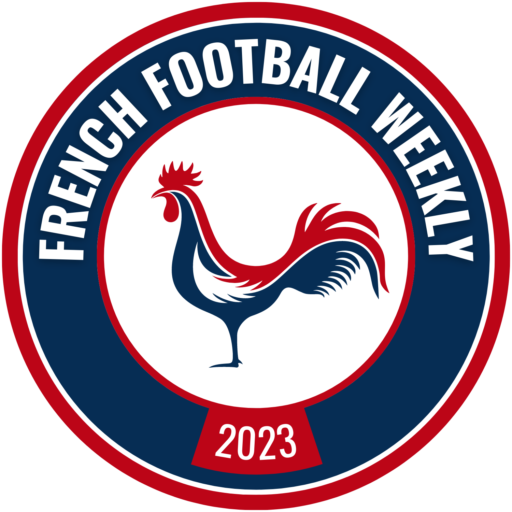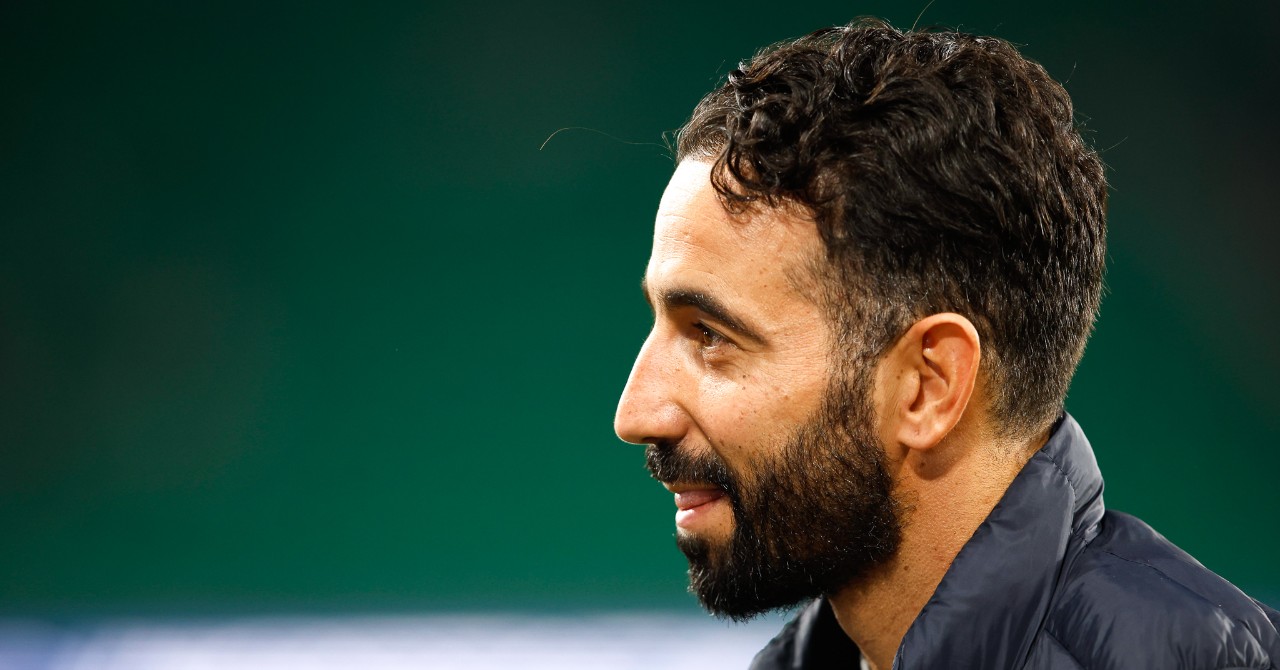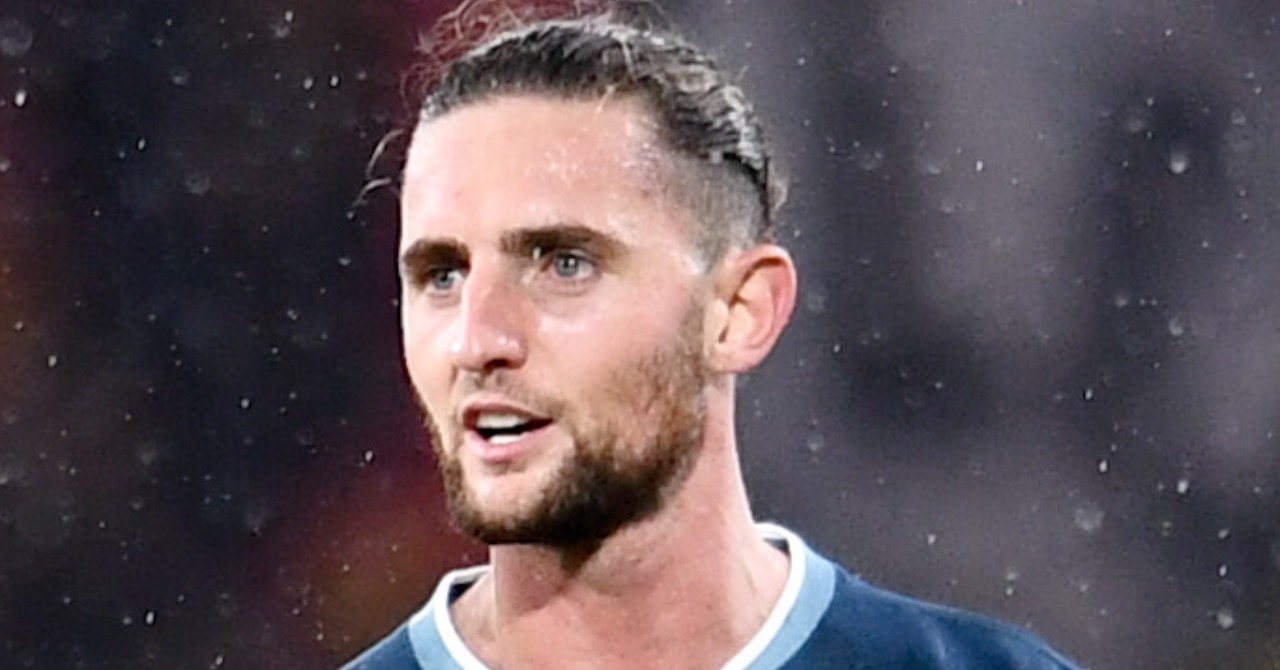ARTICLE AD
The 2030 World Cup organized in Spain, Morocco and Portugal may not end in Madrid, at the Santiago Bernabéu.
After the 2026 World Cup in the United States, Mexico and Canada (but exclusively in the US from the quarter-finals), the 2030 edition of Fifa’s flagship competition will be organized by Spain, Morocco and Portugal, with three opening matches in Argentina (at the Monumental in Buenos Aires), in Uruguay (at the Centenario in Montevideo) and in Paraguay (in Asuncion). On the other hand, we do not yet know where the outcome of this 2030 World Cup will take place.
The final of this World Cup may not be played in Madrid, in the magnificent Santiago-Bernabéu of Real Madrid. However, this was the trend when the edition was awarded by Fifa. A battle has opened, in fact, between the capital and Barcelona. “For the moment, Madrid is not a competitor to Barcelona to host the World Cup final”launched the deputy for sport at the town hall of the Catalan city, David Escudé Rodriguez. A hell of a bomb.
The World Cup final in Casa?
“Today, with the figures we have, the Bernabéu does not meet Fifa’s demands, unlike the new Spotify Camp Nou, currently under construction, and the new Casablanca stadium. Our direct competitor is not the Bernabéu, which is too small, but Morocco”launched the “Delegate President of the sports and physical activity sector” to the Barcelona press. Last year, Joan Laporta, the president of Barça, explained that he wanted to host the final of the 2030 World Cup.
The Santiago-Bernabéu stadium, renovated from 2020 to winter 2024, has a capacity of 80,000 seats, while the new Camp Nou, expected at the start of 2025, will offer 105,000 seats! Morocco struck even harder with the construction of a future stadium in Casablanca with a capacity of 113,000 seats. The final of this World Cup could therefore very well be played in North Africa rather than in the Iberian Peninsula.
![]()
Written by:
Manu Tournoux is a passionate and knowledgeable football enthusiast with a special focus on French football. Born and raised in France, Manu discovered his love for the beautiful game at a young age and developed a deep understanding of the ins and outs of "Le Championnat." His French roots and extensive experience in football journalism have made him an invaluable asset to the French Football Weekly team.
 
 As an author for the website, Manu's expertise includes not only in-depth analysis of Ligue 1 and Ligue 2 matches but also insightful profiles of up-and-coming talents, detailed transfer news, and engaging coverage of the French national team. His captivating writing style and undeniable passion for the game have earned him a loyal following among our readers.
 
 When he's not crafting engaging articles for French Football Weekly, Manu enjoys attending live matches whenever he can, exploring football culture in various French cities, and engaging in spirited debates with fellow fans. Feel free to follow Manu on Twitter and interact with him as he shares his expert opinions, insights, and love for French football.

.jpg) 1 month ago
18
1 month ago
18 

